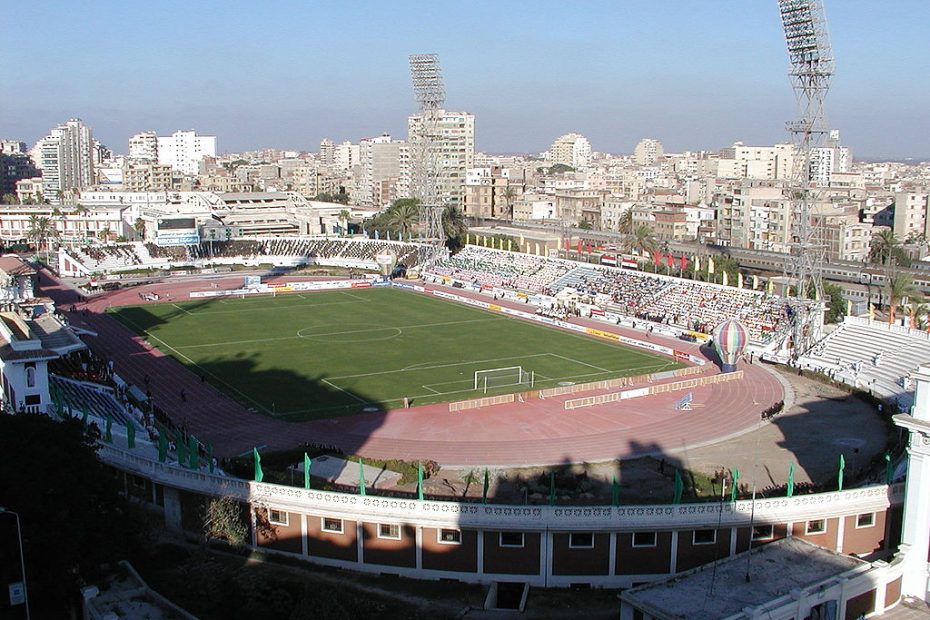
The African Cup of Nations (AFCON) finals is the culmination of the journey of finding the football king of the 54 nations in Africa. It is run by the continent’s football governing body, Confederation of African Football (CAF). Te premier showpiece brings together top talent from within the continent, including players who ply their trade in Europe.
Organization
The AFCON takes place every two years, a stark contrast to other continental championships which are held every for years. The biennial format has been in existence since 1968 but the competition itself was started in 1957. More teams have joined over the years as nations gained independence and created football structures.
16 countries gather in the host country for the finals after going through a qualifying process that involves group competition. The host country, which earns the rights through a successful competitive bid, earns an automatic slot at the finals.
The AFCON competition has traditionally been held in the months of January and February, prior to the start of domestic leagues which normally run from February to November. Many European clubs that have African players in their books have often complained about this timing as it comes at a time when their league season is hitting a defining stretch and FIFA rules do not allow them to withhold player s.
s.
There have been moments of friction between national teams and clubs, including claims of faked injuries to make players unavailable for national call ups. Some clubs have even expressed reservations when signing players because of the likely inconvenience.
CAF calendar realignment
Starting 2019, CAF is realigning its calendar so that its season runs from August to May, the same as the European season. This is meant to make football business transactions between Africa and Europe smoother, and also ensure foreign-based players do not get inconveniences during club competitions.
As such, the 2019 edition of the AFCON will be held in June/July. The tournament in Egypt will also see the number of teams at the finals rise from 16 to 24. Egypt was awarded hosting rights after initial bid winners Cameroon failed to show a commitment that they would have the necessary infrastructure ready before kick-off date.
The current holders (Cameroon) will now be travelling to the land of AFCON’s most successful team (Egypt has won it 7 times) looking to move a step closer to equaling the North Africans’ record (Cameroon have five titles).
Decorated players like Samuel Eto’o, Didier Drogba, Yaya Toure, Jay-Jay Okocha and Emmanuel Adebayor have all played in the African Cup of Nations. Victor Wanyama will be making his first appearance as the showpiece enters its 32nd edition.
